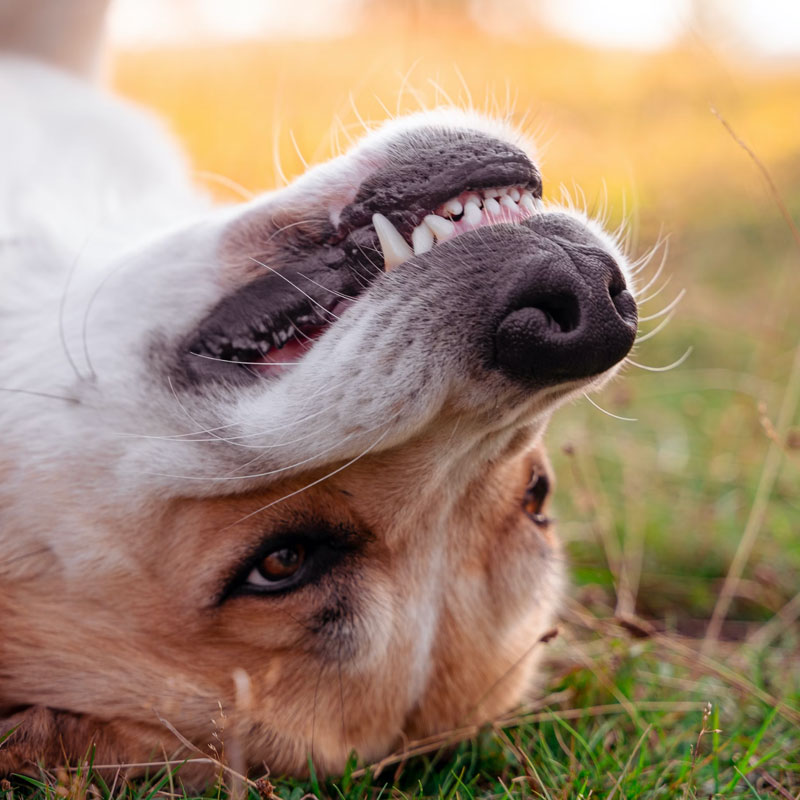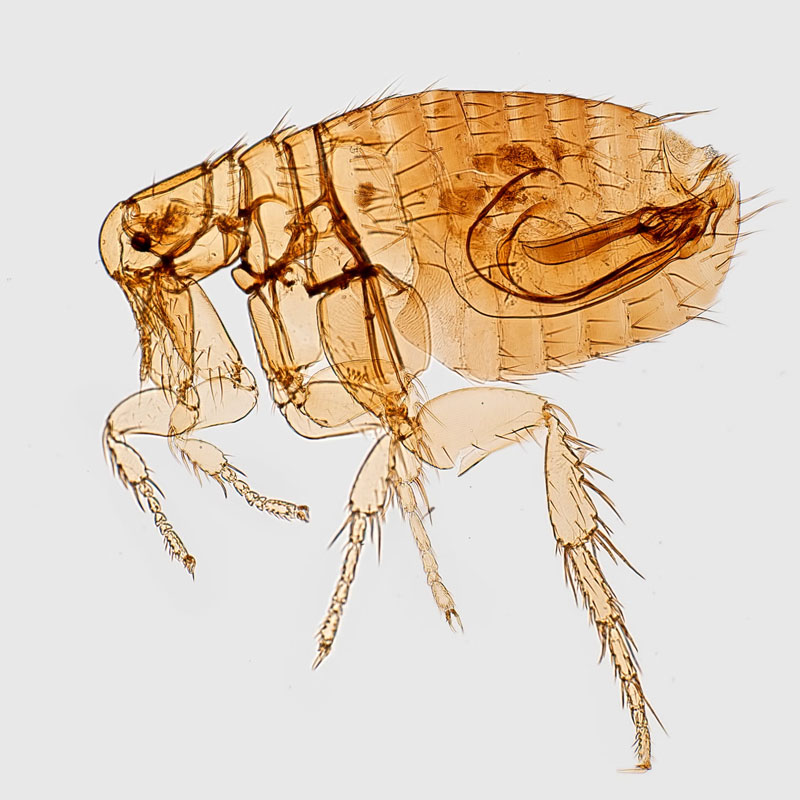Our hospital is modern, and well equipped. We offer:
At Goonoo Goonoo Road Vet Hospital, we offer pet desexing services for dogs, cats, ferrets, rabbits, guinea pigs, rats, and occasionally pigs and goats. With 30 years of experience in small animal surgery, our veterinarian provides top-class care for your beloved pet, ensuring a pain-free and uncomplicated experience.
Desexing your pet helps address the issue of unwanted and neglected pets in Tamworth. By desexing as many pets as possible, we aim to reduce the number of stray animals and associated welfare concerns. Our affordable and high-quality service helps eliminate certain adverse behaviors and prevents common health issues in un-desexed pets. Feel free to contact us with any questions or concerns about desexing your pet.
Desexing, also known as neutering, is a surgical procedure that prevents pets from reproducing. It is commonly referred to as "castration" for males and "spaying" for females. Desexing is a routine surgery performed by our vets, and most pets can go home on the same day. The recommended age for desexing is between 4 and 6 months, but pets can be desexed at any age.
We prioritize the well-being of your pet and encourage you to regularly check the surgical wound for any signs of infection or disruption, such as bleeding, swelling, redness, or discharge. If you notice any concerns, please contact our veterinary team immediately for guidance and support.
Additionally, it is important to schedule and attend routine post-operative check-ups as recommended by our veterinary professionals. These check-ups allow us to monitor your pet's healing progress and ensure that the stitches are removed at the appropriate time.
We are committed to providing comprehensive care for your pet throughout the desexing process and beyond. If you have any further questions or need assistance, please don't hesitate to reach out to us.

Our top priority is ensuring the complete protection of our furry patients against prevalent and potentially fatal diseases in the Tamworth community.
For dogs, we recommend vaccinations against Parvo-virus, distemper, hepatitis, para-influenza (kennel cough), Bordatella (kennel cough), corona-virus (not COVID-19), and leptospirosis.
For cats, we recommend vaccinations against herpes virus (cat flu), calici-virus (cat flu), feline enteritis (similar to parvo in dogs), and feline AIDS.
Parvo is a common disease in dogs in Tamworth, with dozens of cases seen each year. Treatment can be costly, and unfortunately, many affected dogs are euthanized. However, vaccination is highly effective (almost 100%), and in my 30 years of practice, I have never seen a fully vaccinated dog contract parvo. Take care of your new furry friend by giving us a call to discuss their necessary preventative healthcare.

Just like humans, our pets can experience dental issues, such as gum disease and tooth problems. Shockingly, around 80% of dogs and 70% of cats develop some form of dental disease by the age of three. Dental disease starts with the buildup of bacteria, food particles, and saliva, forming plaque on the teeth. If not removed, plaque hardens into tartar (calculus), appearing as a yellow-brown substance on the teeth. Over time, the bacterial infection in tartar causes irreversible damage, including gum inflammation, bad breath, loose teeth, and destruction of supporting tissues and bone. This bacterial infection can also spread to other parts of the body, leading to serious illness. Ultimately, dental disease can cause tooth loss, gum infections, pain, and potentially shorten your pet's lifespan.
If your pet has dental disease, it's important to have their teeth regularly examined by a veterinarian and consider a professional dental clean if necessary. The dental examination and cleaning require anesthesia to ensure a thorough and comfortable procedure. During the examination, all teeth are assessed for tartar, gingivitis, and gum pockets. Plaque and tartar are then carefully removed using specialized instruments, followed by polishing the teeth. In severe cases, extractions or gum surgery may be necessary. After a professional dental clean, implementing a plan to minimize tartar buildup is crucial. This may involve regular tooth brushing, special dental chews, or a specific diet. It is recommended to have a follow-up examination six months after the cleaning to assess the effectiveness of the dental care routine.
To prevent ongoing dental disease, regular dental home care is essential. Start acclimating your pet to dental care from a young age. Dental home care can include:
Brush your pet's teeth daily using pet toothbrushes and toothpaste. Avoid using human toothpaste, as it can be toxic if swallowed.
Provide dental toys, enzymatic chews, or teeth cleaning biscuits to help keep the teeth clean.
Feed your pet special dental diets designed to reduce tartar accumulation.
Preventing dental disease through regular attention to your pet's teeth is the best approach. It can help avoid the need for a professional dental clean under anesthesia and improve your pet's overall health.

At Goonoo Goonoo Road Vet Hospital, we're here to help keep the pets of Tamworth free from parasites, both internal (worms) and external (fleas and ticks).
Simply using an all-wormer tablet every 3 months doesn't protect against all worms. Many pet owners mistakenly believe that it covers all worms, but they're missing the opportunity to prevent their pets from getting heartworm.
For dogs, we highly recommend the Proheart SR-12 Injection for heartworm prevention. For cats, the Moxiclear spot-on treatment is very popular.
If your pet is struggling with fleas, we offer a range of highly effective products to address the issue.
Fleas are more than just a nuisance for your pet. They can cause skin disease, transmit diseases to pets and humans, and trigger allergic reactions. Fleas are commonly picked up from the environment during walks, playtime, or even in the backyard. Spotting fleas can be challenging as they are small and fast. Adult fleas make up only 5% of the total population, while the remaining 95% (eggs, larvae, and pupae) can be found in carpets and bedding throughout your house. Each female flea can lay up to 50 eggs per day, leading to infestations. Flea control should be practiced year-round to keep your pet and your home free from fleas.
The most common ticks infesting dogs in Australia are paralysis ticks, brown dog ticks, and bush ticks.
Paralysis ticks are extremely dangerous parasites that can harm your pet. They cause tick paralysis, which affects thousands of dogs and cats each year, often leading to death. The highest risk occurs in spring and summer, but the disease can occur throughout the year. Paralysis ticks are found along the east coast of Australia, from northern Queensland to Victoria.
When a paralysis tick attaches to a host animal and feeds on blood, it secretes a toxin that can cause severe illness or death in dogs and cats of any age. Signs of tick paralysis include loss of coordination in the hind legs, change in bark, retching, coughing or vomiting, loss of appetite, and labored or rapid breathing. If you notice any of these signs, seek immediate veterinary attention.
To reduce the risk of tick paralysis, use effective tick control products year-round in known paralysis tick regions. Perform daily tick searches on your pet, as it only takes one tick to cause paralysis. Minimize exposure to ticks by cleaning up leaf litter and debris and restricting your pet's access to bushy environments. If you find a tick, remove it promptly and seek veterinary attention.
Brown dog ticks and bush ticks do not cause paralysis but can cause skin irritation and transmit diseases like Babesia parasites, which can be fatal. We are available to guide you on thorough tick searches and recommend suitable tick control products for your pet. Please contact us to discuss further.

Clinical pathology involves evaluating blood, fluids, and tissues in the laboratory to identify diseases. Common tests include blood chemistries, complete blood counts, clotting times, urinalysis, fecal tests, biopsy examination, cultures, and infectious disease testing.
Our animal hospital has an in-house laboratory, enabling our veterinarians to quickly perform diagnostic tests for accurate and rapid diagnoses. This is crucial for critically ill animals and those needing immediate or emergency treatment. Some specialized tests may be outsourced to an external veterinary laboratory.
Our in-house laboratory delivers same-day results. Specialized testing may take longer, especially if samples are sent externally. Blood results typically take 12-24 hours, while biopsy results may require up to 14 days. Consult your veterinarian for updates on your pet's laboratory results.
Contact us for friendly advice and professional pet health care by phone, email or drop in to our clinic. We service Tamworth, East Tamworth, West Tamworth and North Tamworth areas.
| Monday | 8am-6pm |
| Tuesday | 8am-6pm |
| Wednesday | 8am-6pm |
| Thursday | 8am-6pm |
| Friday | 8am-6pm |
| Saturday | 9am-1pm |
| Sunday | Closed |
After hours